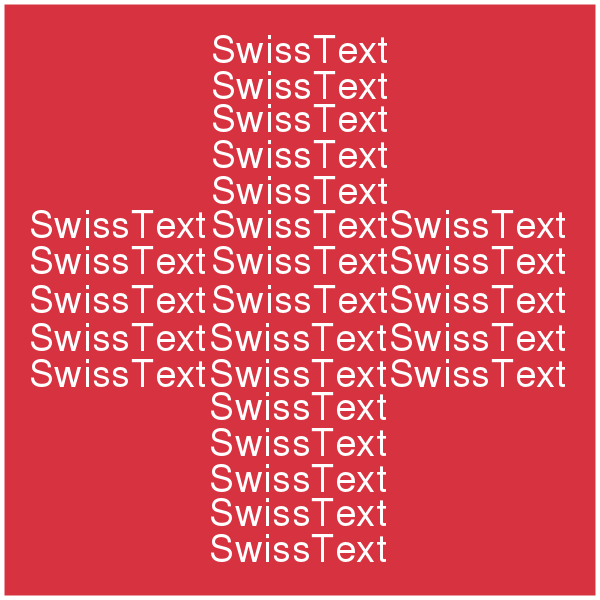Workshops
Grounding generative AI models
Motivation and goals:
One fundamental shortcoming of generative AI systems such as ChatGPT is that they tend to produce hallucinatory outputs which the human user might easily take to be facts, with potentially disastrous consequences. In principle, it is the responsibility of the user to fact-check any generative AI output before relying on it, but this is not common practice and often impossible for users when the respective topic lies outside their field of expertise.
This calls for (semi-)automated approaches to grounding generative AI models in relevant facts – or at least to quantify the confidence that a given generative AI output is correct. Existing approaches range from integrating domain-specific knowledge directly into the models (typically by means of retrieval-augmented generation, RAG) to applying post-generation filtering techniques (automated fact-checking) to making the generation of the AI output transparent to the user (explainable AI).
This workshop aims at bringing together professionals that can share some experience applying such approaches in real-life projects (in academia or industry). Submissions are welcome whether your project has completed or is just in the initial planning stage.
Presentations should touch on some of the following questions:
- What are the main risks of hallucinations in your particular use case?
- Which primary method did/will you use for mitigating hallucinations?
- Prerequisites for your approach?
- Observed/Expected challenges in applying this method?
- How do/will you measure the improvements of your approach?
- Do you have user feedback on your approach?
In any case, all presentations are expected to summarize their lessons learned & best practices.
Workshop outline:
- Workshop length: 2 hours
- Introduction: 15 minutes
- including initial polls of audience
- 3 presentations: each 25 minutes (including very short Q&A)
- Panel discussion: 30 minutes
- final polls of audience
- audience will decide on topics of discussion
- lessons learned and best practices plus audience Q&A
Workshop Dates:
- Author name(s), title and abstract (max. 1500 characters)
- Submission deadline: April 23
- Extended submission deadline: May 3
- Author notification: May 10
- Camera-ready full papers for inclusion in conference proceedings: June 19
- Format: Latex, including sources or Microsoft / Word format according to https://2023.aclweb.org/calls/style_and_formatting/
Organizers:
- Holger Keibel, keibel@karakun.com
- Johannes, Porzelt, porzelt@karakun.com
